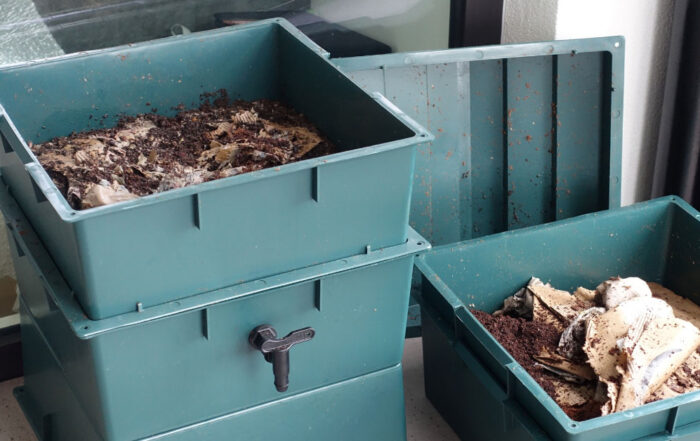Our Mission
CleanLA is dedicated to fostering vibrant communities across Los Angeles County by promoting environmental stewardship and sustainability. We empower people to make informed choices that lead to a cleaner, more sustainable environment through resources, educational initiatives, and collaboration.




